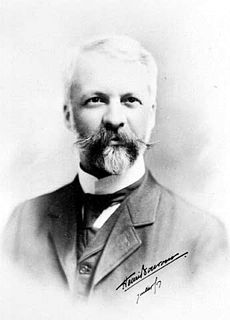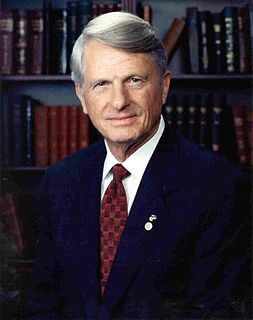A Quote by David Cameron
It is national parliaments, which are, and will remain, the true source of real democratic legitimacy and accountability in the EU.
Quote Topics
Related Quotes
For the institutions of the European Union are at present incomplete. A European Senate is badly needed to complete them. By creating an upper chamber in the European parliament, a new bridge could be built between national political classes, which retain democratic legitimacy, and the decision-making process in Brussels. Such a Senate should be recruited by indirect election from exisiting national parliaments.
Once you take yourself off the pedestal, saying, "It's bad for you to torture, but for us, this is our national security, so we're gonna do it". You can't live that way and the United States doesn't need to do it, it shouldn't do it, and I think a Democratic administration, whoever the democratic president is, will repudiate that kind of conduct. I think it was an overreaction caused by a lot of different strains of thought in the administration. I think it was clearly wrong and I think that repudiation, which will come from the United States, will be a key in restoring America's legitimacy.
It remains the task of governments to implement the fundamental human rights standards which should influence all aspects of globalisation, including even trade talks, and to be answerable for this in a democratic way. The structure is international, but the accountability is national and I would like to see that accountability being more penetrating at regional and local level, especially in federal systems.
This is crossing the Rubicon, after which there will be no more sovereign states in Europe with fully-fledged governments and parliaments which represent legitimate interests of their citizens, but only one State will remain. Basic things will be decided by a remote 'federal government' in Brussels and, for example, Czech citizens will be only a tiny particle whose voice and influence will be almost zero. ... We are against a European superstate.
The EU treaties clearly promote an alliance of national states that, as far as possible, maintain their own responsibilities. There is no mention of a centralized state of Europe in the treaties. The EU Commission's politicking, however, is proof of a certain allergy against this principle of national states and national responsibilities.
My objective is that before the end of the millennium Europe should have a true federation. The Commission should become a political executive which can define essential common interests... responsible before the European Parliament and before the nation-states represented how you will, by the European Council or by a second chamber of national parliaments.
































